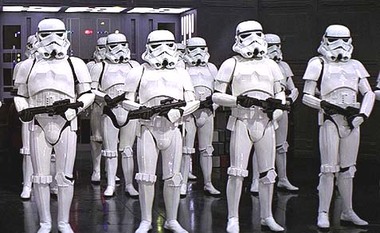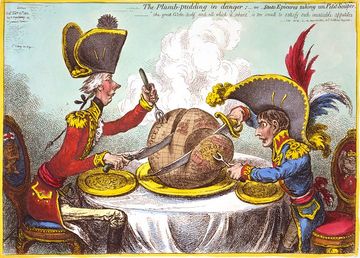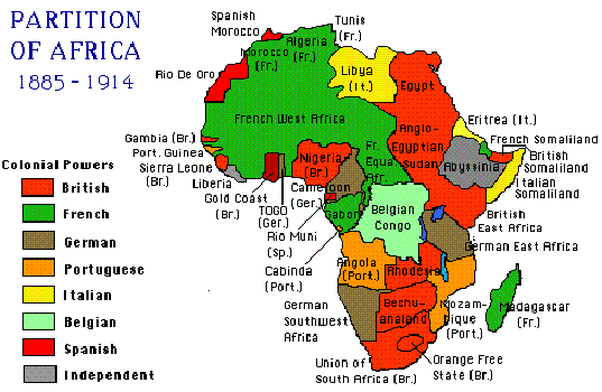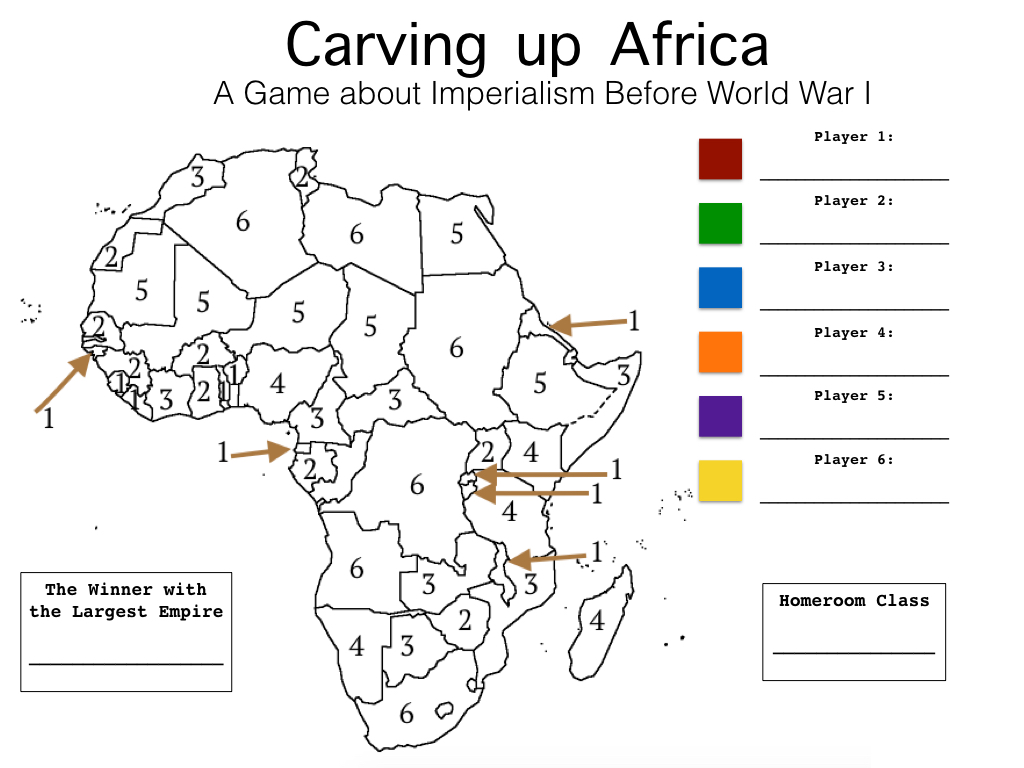IMPERIALISM BEFORE WORLD WAR I
READ ABOUT IT!
Welcome to the Imperialism before World War I Virtual Center. The first thing your group needs to do is read about imperialism. After you read, you need to work together to complete the Imperialism Center Page in your Lesson Chronicles.
What is Imperialism?
Before World War I, European nations raced to create their empires. Nationalism, contributed to this race. Every nation wanted to have the biggest, most wonderful empire for several reasons. When an empire gained a new colony, the colony's natural resources became the property of the mother country. These natural resources went to make raw materials that benefited the mother country's economy. Nations who were able to win colonies had to have strong militaries. Nations with strong militaries were feared and less likely to be invaded. Finally, having an empire was considered prestigious by powerful nations and those with the largest empires were greatly respected by all other empires.
More Rivalry! Jeez Europe!
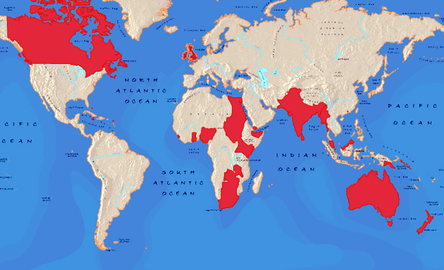 Everything in red was part of the British Empire before World War I
Everything in red was part of the British Empire before World War I
Great Britain had the greatest empire before World War I. They owned nearly twenty percent or one fifth of the world's land. They had colonies on every continent and they boasted that, The sun never set on the British Empire." Great Britain controlled the countries of India, South Africa, Australia, New Zealand, Canada, Hong Kong, parts of north Africa, islands in the Pacific and Caribbean and concessions in China.
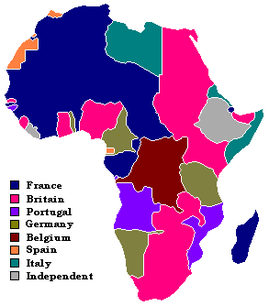
France had an impressive empire as well. Their empire was the second largest in the world. France controlled modern day Vietnam, Laos and Cambodia, areas of Africa and India, small possessions in South America, and islands in the Pacific and Caribbean.
Germany and Italy entered the land race late in the game. So, they were ready to snatch whatever lands were available. Germany entered the land race late because its previous ruler did not care to gain new colonies. But when a new ruler came to power, a group of people called the Berlin Group formed and pressed for German imperialism. They focused their attention on lands in Africa.
Germany and Italy entered the land race late in the game. So, they were ready to snatch whatever lands were available. Germany entered the land race late because its previous ruler did not care to gain new colonies. But when a new ruler came to power, a group of people called the Berlin Group formed and pressed for German imperialism. They focused their attention on lands in Africa.
Land Scramble Leds to Crises and Alliances
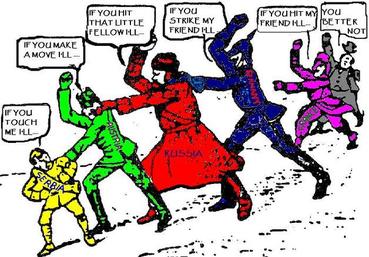
Sometimes as imperialist nations worked to expand their empires, two empires would compete for the same area of land. Their fight over the land cause several major crises to develop. Though these crises did not directly result in war, they did increase the tension between European nations. With the fear of of war at hand, nations began to look to form alliances with other nations to help protect themselves in the event of invasion.
ANALYZE IT!
The second thing your group needs to do is to analyze what you have learned. Below, is a game. This game is not online (Sorry kids, the platform I used to use to create this game now costs money!). I will hand each table a game box. Listen to the following instructions as I read them aloud.
Carving Up Africa
Today you will play a game called Carving Up Africa to give you a better idea of imperialism before World War I. In this game you will take over nations in Africa just like nations did before World War I.
Game Contents
Each game box needs to have the following contents. Check your box and make sure all the pieces are there.
1 Game Board
Game Instructions
- To begin, each player choses a colored pencil.
- One player writes all the players down by their color on the game board.
- Each player then rolls the die. The game will begin with the player who rolls the highest number and game play will move clockwise around the group.
- The player roll the die. Then the player will chose one space on the map of Africa that matches the number they rolled to color in. Color in the space neatly and completely!
- Then, the next player does the same.
- The game ends when all the countries of Africa are colonized or colored in. The winner is the player who has the the largest empire because they have the most area colored in.
- Write the winner's name in the box on the game board and bring your game board to me.
PROVE IT!
You just learned about imperialism before World War I. You analyzed it by playing a game where you worked to expand your empire by taking over countries in Africa. Now you need to show off what you know. Complete the Center Check by clicking on the Center Check Icon below and answering the questions.
CENTER COMPLETE!
You have completed the Imperialism Before World War I Center. Click on the button below to go back to the Lesson 1 - The Causes of World War I Home Page.
